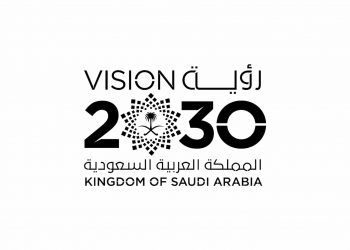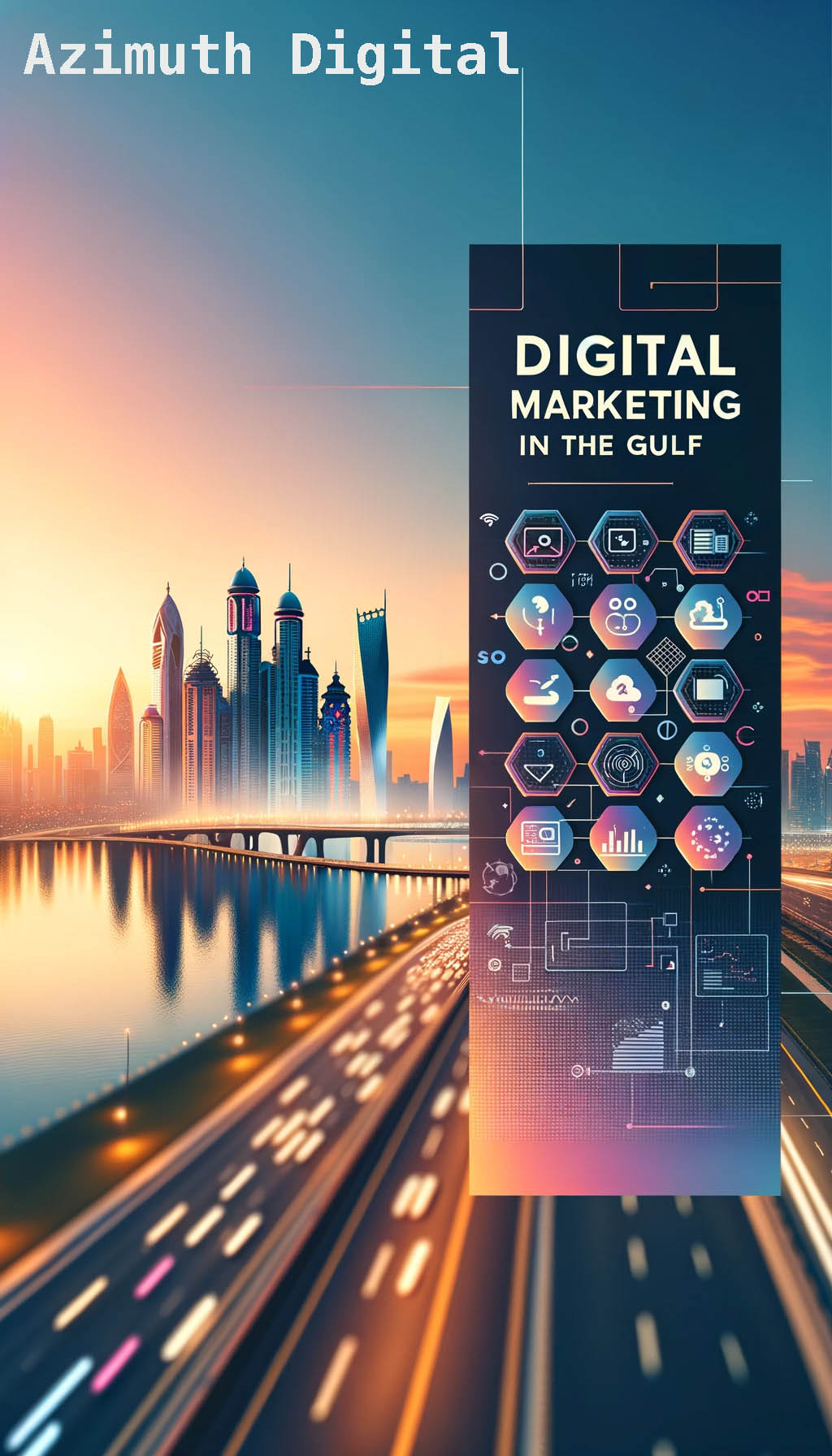Marketing translation mainly refers to the adaptation of advertising campaigns and other promotional material for a new market. Before the year 2000, the marketing department of many multinational corporations launched global advertisement campaigns, disregarding local customs and sensitivity. These campaigns were often biased towards the company’s country of origin and showed mixed results.
Companies nowadays are creating more and more content which resonates with the local culture of their target market, while promoting the universal qualities of the brand. Translators are a crucial part in this process.
The Challenges
Marketing translation strongly differs from the translation of technical texts such as instruction manuals and pharmaceutical leaflets or financial and legal documents. While translators of the latter type of text strive to achieve the best results in terms of accuracy and consistency of terminology, marketing translation requires a strong dose of creativity and cultural awareness to be able to seize the concept behind the original advertisement and re-write it for the target market.
What challenges the translator is both linguistic and cultural aspects. Oftentimes, advertising departments play with puns, idioms, and cultural references that would not make sense outside of their original context. The translator has to be able to find another way to replicate the same idea without a mere word-to-word translation. Take the example of HSBC’s claim “Assume Nothing”, which was translated word-by-word in many countries as “Do Nothing”: the rebranding campaign cost the company $10 million.
Ads are also often culturally-specific, and what works in one culture might not be perceived as funny or engaging in another. This is especially true with markets that are very far apart both linguistically and culturally.
Translators have to avoid translating what may sound inappropriate for the target culture and replace it with something that works better. This also applies to the phonology of brands: for example, Pepsi advertises their soda in Argentina as “Pecsi”, adapting to the pronunciation of the locals.
Translating Ideas
As explained above, in the advertisement industry translating words is not enough.
Transcreation is how we call the merging of translation and marketing copywriting. With this method the translator analyses the source text and thanks to their creativity, they recreate the same emotions conveyed by the original in a different way, adapting to the cultural and linguistic context of the target market.
Transcreation requires more than linguistic expertise: it requires cultural awareness and a great amount of writing creativity.
Langpros works with talented transcreators who are ready to tackle any challenge. Feel free to contact us to inquire about your marketing adaptation project, we will be happy to advise you and we will provide a free quote.











